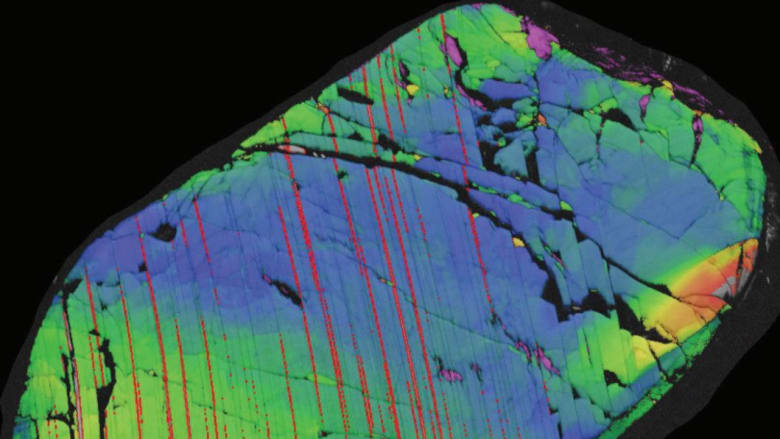Accused Claremont serial killer Bradley Robert Edwards will learn his fate on Thursday when one of the most keenly-anticipated judgments in Western Australia’s history is delivered.
Edwards, 51, denies murdering secretary Sarah Spiers, 18, childcare worker Jane Rimmer, 23, and solicitor Ciara Glennon, 27, after they each spent a night out with friends in the affluent suburb’s pubs in 1996 and 1997.
The confessed rapist and former Telstra technician faced a seven-month trial in the Supreme Court of WA which concluded in late-June.
Justice Stephen Hall will deliver his verdicts after having spent almost three months considering evidence including testimony from more than 200 witnesses as well as DNA and fibre analysis.
Members of the public are expected to pack the courtroom and two overflow public galleries given the enormous interest in the matter.
The families of the victims are also expected to attend.
Edwards was charged with the murder of Ms Rimmer and Ms Glennon after a raid on his Kewdale home in December 2016.
He was charged with Ms Spiers’ murder in February 2018.
The bodies of Ms Rimmer and Ms Glennon were discovered in bushland weeks after they were killed, but Ms Spiers’ body has never been found.
Edwards committed his first known offence against women in 1988, breaking into the Huntingdale home of an 18-year-old acquaintance and indecently assaulting her as she slept.
It provided the crucial piece of evidence homicide detectives needed to arrest him almost 29 years later.
He’d left behind a semen-stained silk kimono stolen from a washing line and when it was finally tested in November 2016, DNA matched swabs taken from a teenager he abducted from Claremont then raped at nearby Karrakatta Cemetery in 1995.
It also matched cellular material found under Ms Glennon’s fingernails.
Edwards didn’t admit the Huntingdale and Karrakatta crimes until the month before his judge-alone trial began.
The defence case lasted mere minutes, with Edwards electing not to take the stand and his barrister calling no witnesses.
But his lawyers suggested throughout the trial that the DNA evidence had been contaminated in the laboratory by samples taken from Edwards’ rape victim.
Prosecutors alleged fibres from Edwards’ work car and clothes were found on Ms Glennon, Ms Rimmer and the rape victim.













